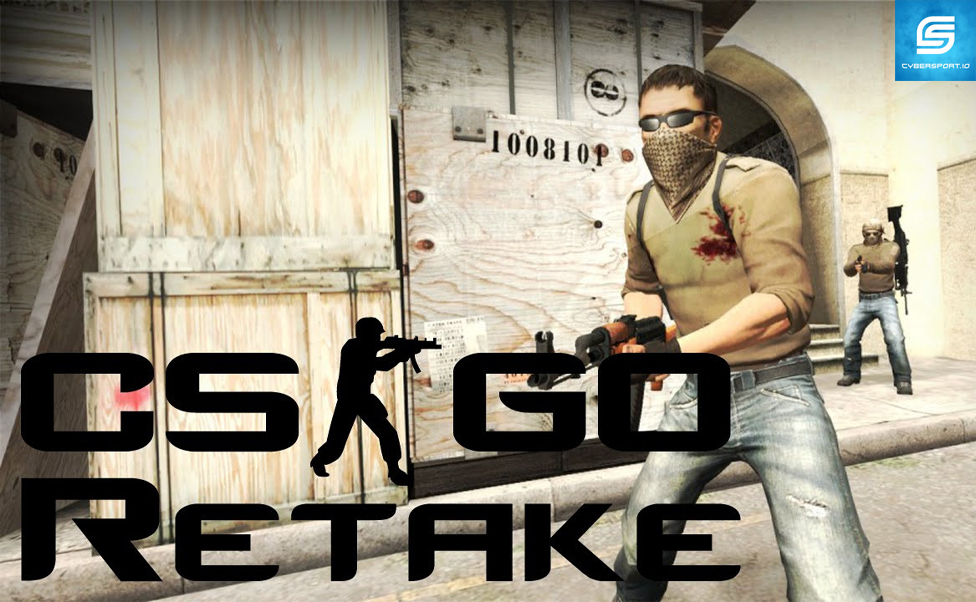Buzz of Connections
Exploring the latest trends in dating, relationships, and social interactions.
Anchor Yourself: Why Every CS:GO Team Needs a Rock-Solid Player
Discover why every CS:GO team needs a rock-solid player to dominate the competition. Uncover the secrets to building an unbeatable squad!
The Backbone of Team Dynamics: Characteristics of a Rock-Solid CS:GO Player
In the competitive world of Counter-Strike: Global Offensive (CS:GO), the backbone of any successful team lies in the characteristics of its players. A rock-solid CS:GO player is not just defined by their individual skills, but also by their ability to function harmoniously within a team. Key attributes that contribute to effective team dynamics include communication, adaptability, and a profound understanding of game mechanics. A player must constantly share vital information with teammates, making real-time decisions that align with the team's strategy. Moreover, adaptability allows players to adjust their playstyle based on the evolving dynamics of both their team and the opposing squad, enhancing collective performance.
Additionally, a strong commitment to teamwork and the ability to handle pressure play significant roles in shaping a successful CS:GO player. When players work together, they can execute complex strategies and overcome challenges that single players could not manage alone. Furthermore, maintaining composure under pressure ensures that the player remains focused, facilitating better decision-making during critical moments of a match. This blend of teamwork and resilience not only strengthens the player's individual contributions but also uplifts the entire team, making them formidable adversaries in every game they play.

Counter-Strike is a highly popular first-person shooter game that emphasizes teamwork and strategy. Players engage in intense matches, often involving defuse and rescue missions. One of the exciting assets in the game is the chroma 3 case, which offers a variety of unique skins and weapons for players to customize their experience.
How to Identify the Anchor Player in Your CS:GO Team
Identifying the anchor player in your CS:GO team is crucial for gaining a competitive edge. An anchor player is typically a member who is skilled at holding down bomb sites and providing critical map control. To pinpoint this player, consider their individual performance metrics such as kill/death ratio, map knowledge, and overall game sense. Communication and teamwork also play a vital role; the ideal anchor player must be proficient at coordinating with teammates and understanding strategic calls. Observe their gameplay during matches to assess their positioning and decision-making during high-pressure situations.
Once you’ve identified potential anchor players, conduct a team analysis to evaluate how they fit into your overall strategy. Look for traits such as consistency in clutch situations, the ability to adapt to enemy strategies, and a natural leadership quality. Utilizing tools like heat maps and performance analytics can help visualize their impact on the game. In summary, the anchor player acts as the backbone of any CS:GO team—invest time in recognizing this key role to enhance your team dynamics and improve your overall performance.
The Impact of a Stable Player on CS:GO Team Performance: Strategies for Success
In the highly competitive landscape of CS:GO, the presence of a stable player can significantly influence a team's overall performance. A stable player is typically characterized by consistent gameplay, strong communication skills, and the ability to maintain composure under pressure. Such players often become the backbone of their team, providing not only reliable gameplay but also mentoring less experienced teammates. Research has shown that teams with a solid core of stable players tend to experience improved synergy and coordination, resulting in higher win rates during tournaments and matches.
To leverage the impact of a stable player effectively, teams should adopt specific strategies that foster collaboration and trust. Firstly, establishing clear roles within the team can help maximize each player's potential, allowing the stable player to guide the team with confidence. Additionally, implementing regular practice sessions focused on team dynamics and communication can enhance performance. Finally, encouraging open feedback among team members can create a supportive environment where players feel valued, ultimately leading to sustained success in CS:GO.